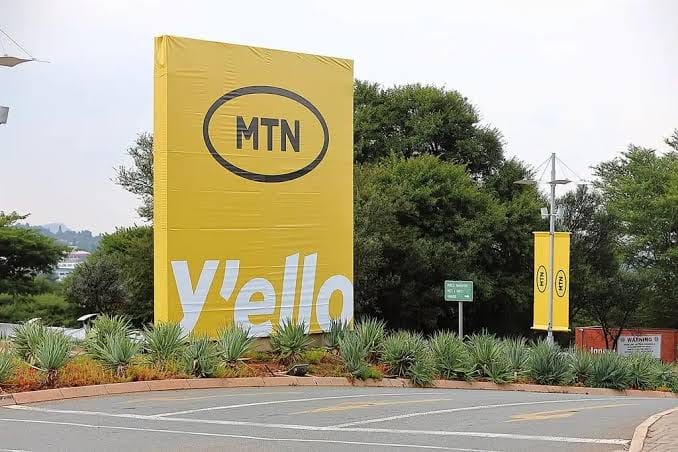Interconnect charges debt dispute between GLO and MTN lingers
The multimillion Naira interconnect charges debt between leading Nigerian telcos, MTN and GLO is back. NCC has asked MTN to disconnect GLO users from making calls to its network after the next ten days.

On Monday, January 8, the Nigerian Communications Commission (NCC) announced the partial disconnection of Globacom (GLO) from MTN due to the telco's non-payment of interconnect charges owed to MTN.
The directive will be implemented in 10 days (January 17) if the owed charges are not repaid. According to Reuben Muoka, the public affairs director at NCC, inbound calls to GLO will be allowed.
"The Commission [referring to NCC], having examined the application and circumstances surrounding the indebtedness, determined that Globacom does not have a sufficient or justifiable reason for non-payment of interconnection charges," Muoka said in a statement seen by Bendada.com.
Nigerian laws allow the telco regulator to intervene in issues related to telcos' interconnection.
Interconnect charges are prices paid by each telco for calls terminating on their network. To illustrate, when a call originates from GLO and ends on the MTN network, the sum paid by GLO to MTN for terminating the call is termed interconnect charges or rates
"Interconnect rate is important in the telecommunications industry because it is one of the factors that determines what an operator charges the subscriber and it cannot charge less than the interconnect rate no matter how cost-efficient the operator is," says Everest Amaefule, a telco expert.
The interconnect debt dispute between MTN and GLO is not a recent occurrence. In December 2018, the Nigerian Communications Commission (NCC) endorsed the disconnection of eight Nigerian telcos, including GLO, due to their failure to settle interconnect and facility charges. A year later, in August 2019, MTN reportedly received ₦2.6 billion as a partial payment for the interconnect debt owed by GLO.
Also Read: Ex-NIBSS CTO at NCC: Will Nigerian telcos and banks finally call a truce?
About four years later, GLO is still defaulting. Experts have previously suggested an automatic way to deduct the charges but it has not been implemented. "We again appeal to the government to consider an automatic clearing system so that calls that are made between two different networks are settled automatically via this scheme. We need the right solution," says Olusola Teniola, the former president of the Association of Licensed Telcoms Operators in Nigeria (ALTON).
Alas! Users will continue to experience adverse effects from the ongoing service disconnections among these telecom providers until a solution, like the one recommended by Teniola is implemented.
As of August 2023, Nigeria had more than 220 million active mobile subscribers. GLO holds 27.91% of the market share, ranking second after MTN, the dominant provider holding 38.52% of the market.







Comments ()